Table of Contents
Introduction to Dried Mexican Chilis
Dried Mexican chilis are essential flavor powerhouses that transform ordinary dishes into extraordinary culinary experiences. Unlike fresh chilis, these dried varieties develop deep smoky, fruity, and complex notes while concentrating their heat and aroma. Whether you're making mole sauce, spicy salsas, or hearty stews, understanding how to select and use dried chilis will elevate your cooking to new heights.
Types of Dried Mexican Chilis
Each dried chili variety offers unique flavor profiles perfect for specific dishes. Here are the most versatile types:
- Ancho Chili: Sweet, smoky flavor with medium heat. The foundation of traditional mole sauces.
- Guajillo Chili: Tangy, fruity notes with moderate heat. Ideal for salsas and marinades.
- Chipotle Chili: Smoked jalapeño with intense smokiness and high heat. Perfect for barbecue sauces.
- Poblano (Dried): Mild, earthy flavor. Used in stuffed peppers and creamy sauces.
- Mirasol Chili: Nutty sweetness with mild heat. Excellent for soups and enchilada sauces.
Creative Uses for Dried Mexican Chilis
Move beyond basic salsa with these innovative applications:
- Mole Sauce: Blend ancho and pasilla chilis with chocolate, nuts, and spices for authentic Mexican mole.
- Chipotle BBQ Rub: Mix ground chipotles with brown sugar, cumin, and smoked paprika for tender pulled pork.
- Guajillo Hot Sauce: Simmer rehydrated guajillos with pineapple, garlic, and apple cider vinegar for tangy heat.
- Chili-Infused Oil: Toast dried chilis in olive oil to create a versatile finishing oil for grilled meats or vegetables.
- Chili-Spiced Chocolate: Add a pinch of ground ancho to dark chocolate for complex dessert flavors.
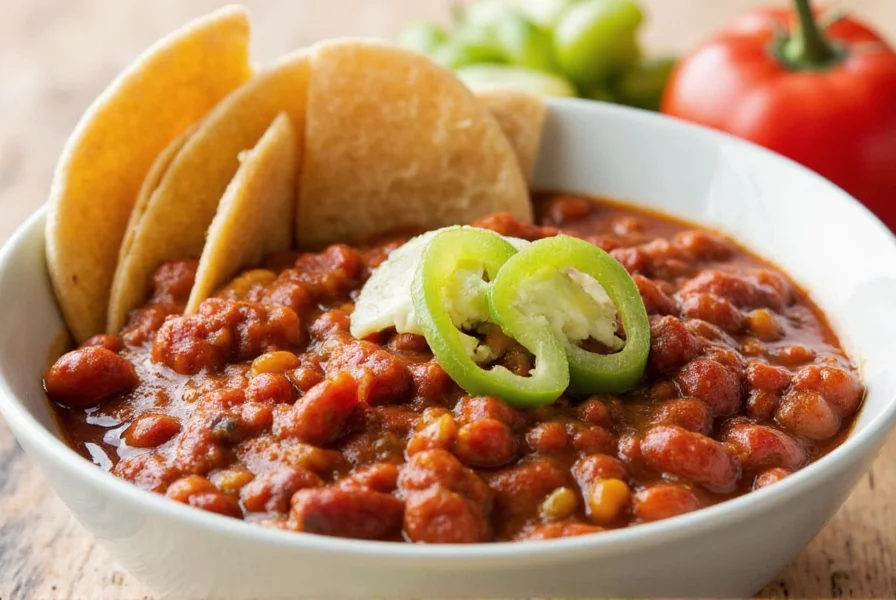
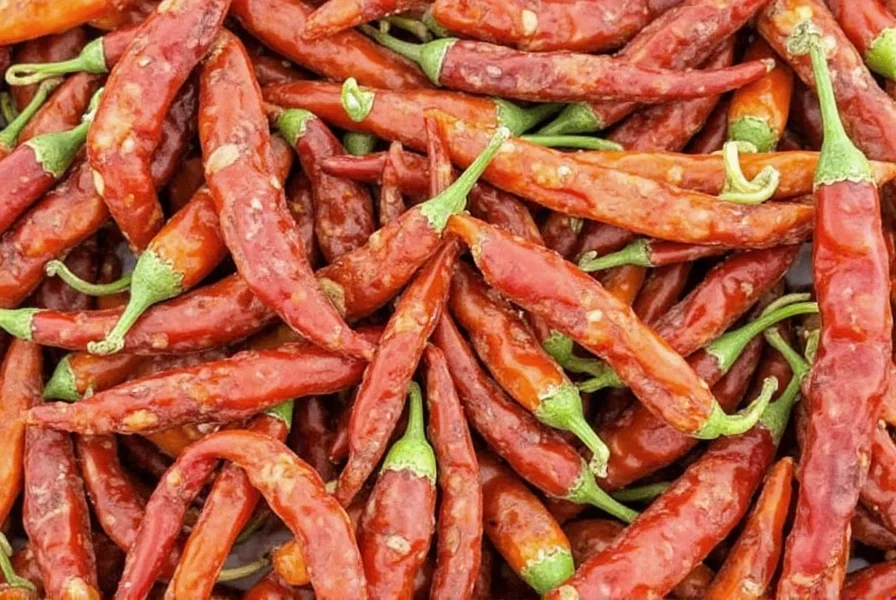
Practical Tips for Cooking with Dried Chilis
- Toast Before Rehydrating: Dry-toast whole chilis in a skillet for 30 seconds to unlock deeper flavors before soaking.
- Use Soaking Liquid: The water used to rehydrate chilis contains concentrated flavor - add it directly to sauces or soups.
- Control Heat Levels: Remove seeds and membranes for milder heat while retaining flavor complexity.
- Grind Fresh: For maximum potency, grind dried chilis immediately before use rather than storing pre-ground powder.
- Pair with Acid: Balance heat with lime juice, vinegar, or tomatoes to create well-rounded flavors.

| Chili Type | Flavor Profile | Heat Level | Best Uses | Recommended Brands |
|---|---|---|---|---|
| Ancho | Sweet, smoky, raisin-like | Medium (1,000-2,000 SHU) | Mole sauces, stews, braises | La Costeña, San Marcos |
| Guajillo | Tangy, berry-like, slightly floral | Medium (2,500-5,000 SHU) | Salsas, adobo marinades, soups | El Maguey, Los Altos |
| Chipotle | Smoky, earthy, intense heat | Hot (5,000-10,000 SHU) | Barbecue sauces, chili con carne, adobo | La Costeña, El Pato |
| Poblano (Dried) | Mild, earthy, chocolate undertones | Mild (1,000-2,000 SHU) | Chiles rellenos, creamy sauces | San Marcos, El Maguey |
| Mirasol | Nutty, sweet, mild heat | Mild to Medium (1,500-2,500 SHU) | Enchilada sauces, soups, stews | Los Altos, El Maguey |
Frequently Asked Questions
What's the difference between fresh and dried Mexican chilis?
Drying concentrates flavor and transforms texture. Fresh chilis offer bright, vegetal notes, while dried versions develop deep smokiness, fruitiness, and complexity. Heat levels often intensify during drying, though some varieties like poblanos become milder.
How long do dried Mexican chilis last?
Properly stored in airtight containers away from light and moisture, dried chilis maintain peak flavor for 6-12 months. For extended storage (up to 2 years), keep them in the freezer. While they won't spoil, they'll gradually lose potency over time.
How do I rehydrate dried Mexican chilis properly?
Place chilis in a bowl, cover with hot (not boiling) water, and soak 20-30 minutes until pliable. For enhanced flavor, toast them lightly in a dry skillet before soaking. Reserve the soaking liquid - it's packed with flavor for your recipes.
Which dried Mexican chili is the hottest?
Chipotle (smoked jalapeño) is typically the hottest common variety, followed by arbol. However, heat varies by growing conditions. Always taste a small piece before adding to your dish, especially when new to chilis.
Can I substitute one type of dried chili for another?
Yes, with adjustments. Ancho works for mulato/pasilla (sweeter notes), guajillo substitutes for New Mexico chilis, and chipotle can be replaced with smoked paprika plus cayenne. Always consider heat differences and flavor profiles when substituting.
How should I store dried Mexican chilis?
Keep in airtight glass jars or containers in a cool, dark cupboard. For long-term storage (over 6 months), the freezer is ideal to preserve flavor and prevent insect infestation. Avoid plastic bags which can trap moisture.
Are dried Mexican chilis healthy?
Yes! They're rich in capsaicin (anti-inflammatory), vitamin C, and antioxidants. They're low-calorie and may boost metabolism. Consume in moderation if you have digestive sensitivities, but they're a nutritious addition to balanced diets.
What's the difference between ancho and poblano chilis?
Ancho chilis are dried poblano peppers. Fresh poblanos are mild (1,000-2,000 SHU) with vegetal notes, while anchos develop sweeter, fruitier flavors with deeper complexity through the drying process. The texture also changes significantly from fresh to dried.
Buying Guide for Dried Mexican Chilis
Selecting quality dried chilis ensures optimal flavor in your dishes. Look for these characteristics:
- Color: Uniform, vibrant hues without dull spots or mold
- Texture: Supple and pliable (not brittle or crumbly)
- Aroma: Strong, distinctive scent without mustiness
- Storage: Buy from stores with high turnover to ensure freshness
For authentic Mexican flavors, choose chilis labeled "Mexican origin" rather than generic varieties. Specialty Mexican markets or reputable online retailers like MexGrocer or La Michoacana offer the best quality options.
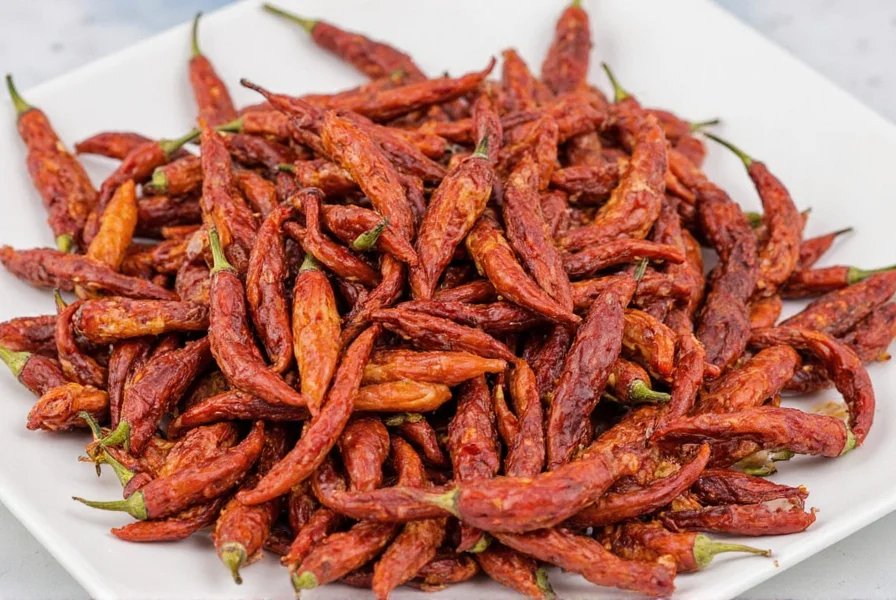
Conclusion
Dried Mexican chilis are indispensable for any kitchen seeking authentic, complex flavors. From the sweet smokiness of anchos to the fiery intensity of chipotles, these versatile ingredients can transform simple dishes into culinary masterpieces. Mastering their use requires practice, but the payoff is endless flavor possibilities - whether you're crafting traditional mole or adding depth to everyday meals. Start with one variety, experiment with techniques, and soon you'll unlock the full potential of these flavor powerhouses.
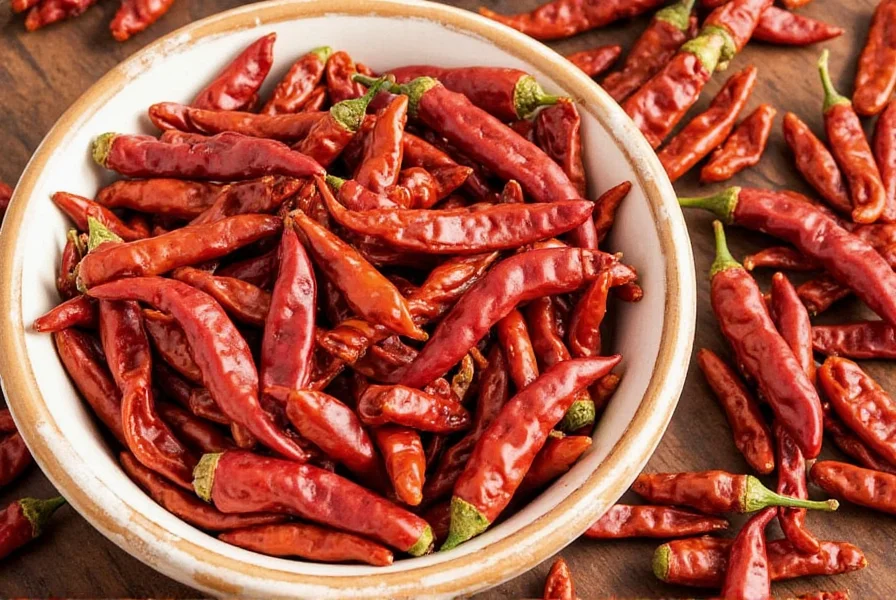
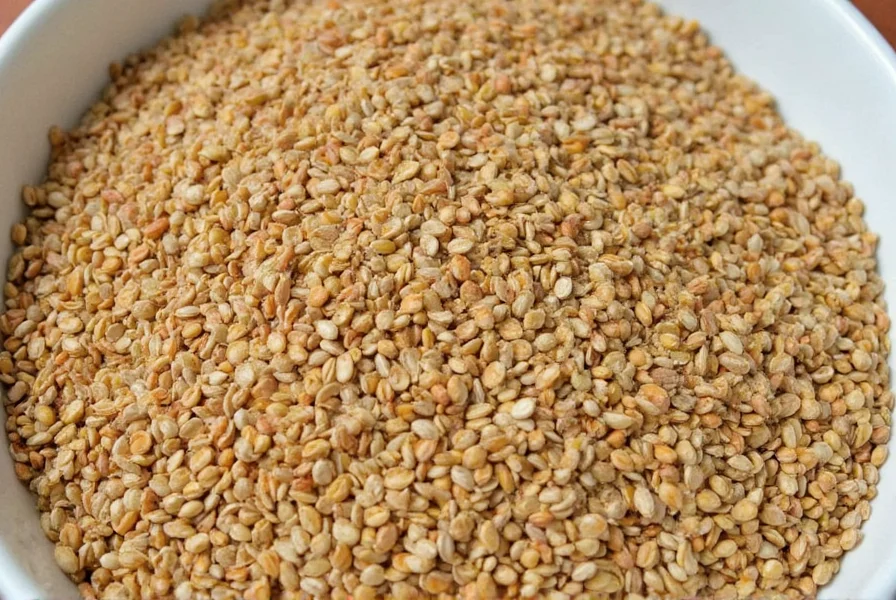










 浙公网安备
33010002000092号
浙公网安备
33010002000092号 浙B2-20120091-4
浙B2-20120091-4